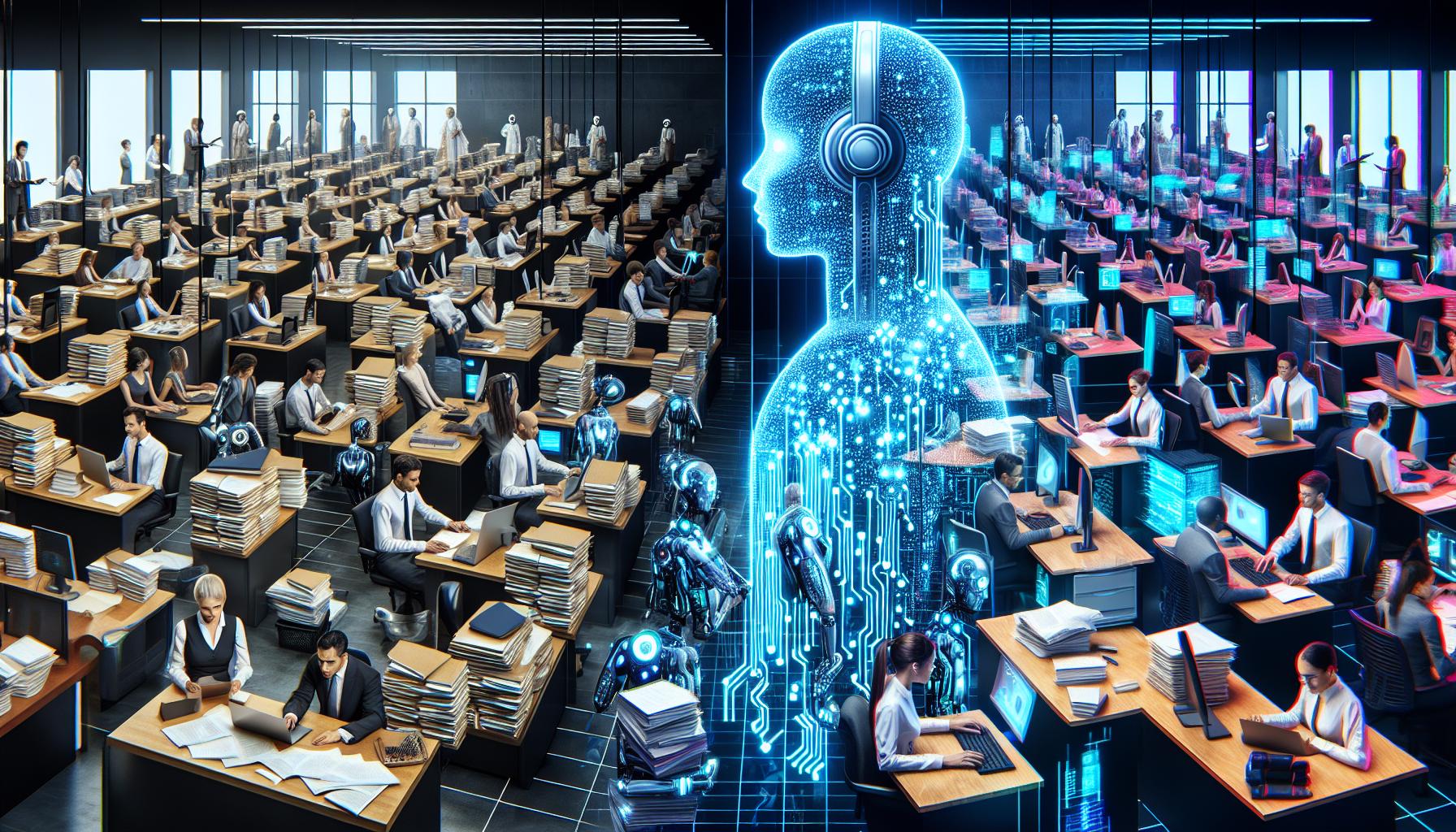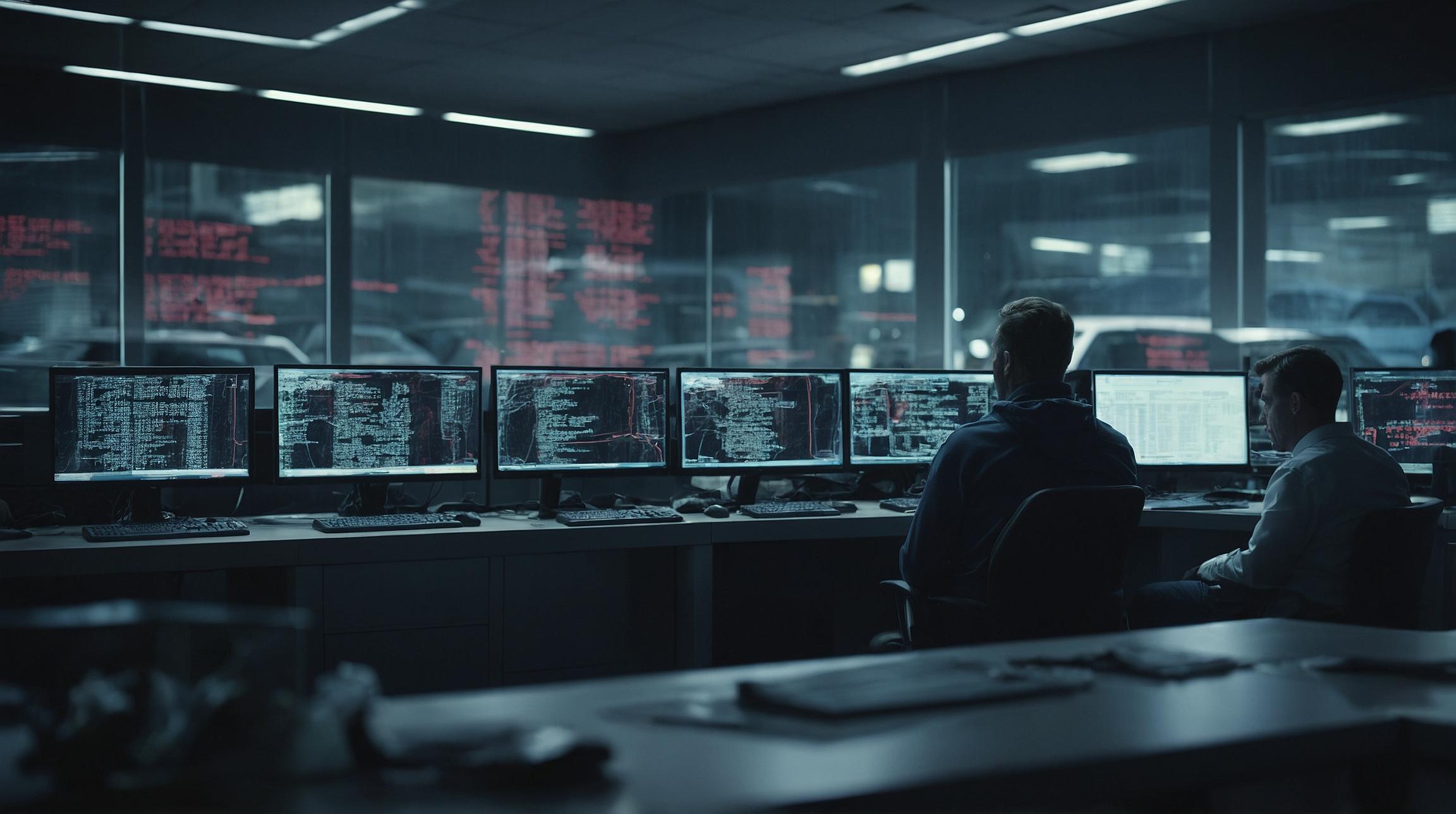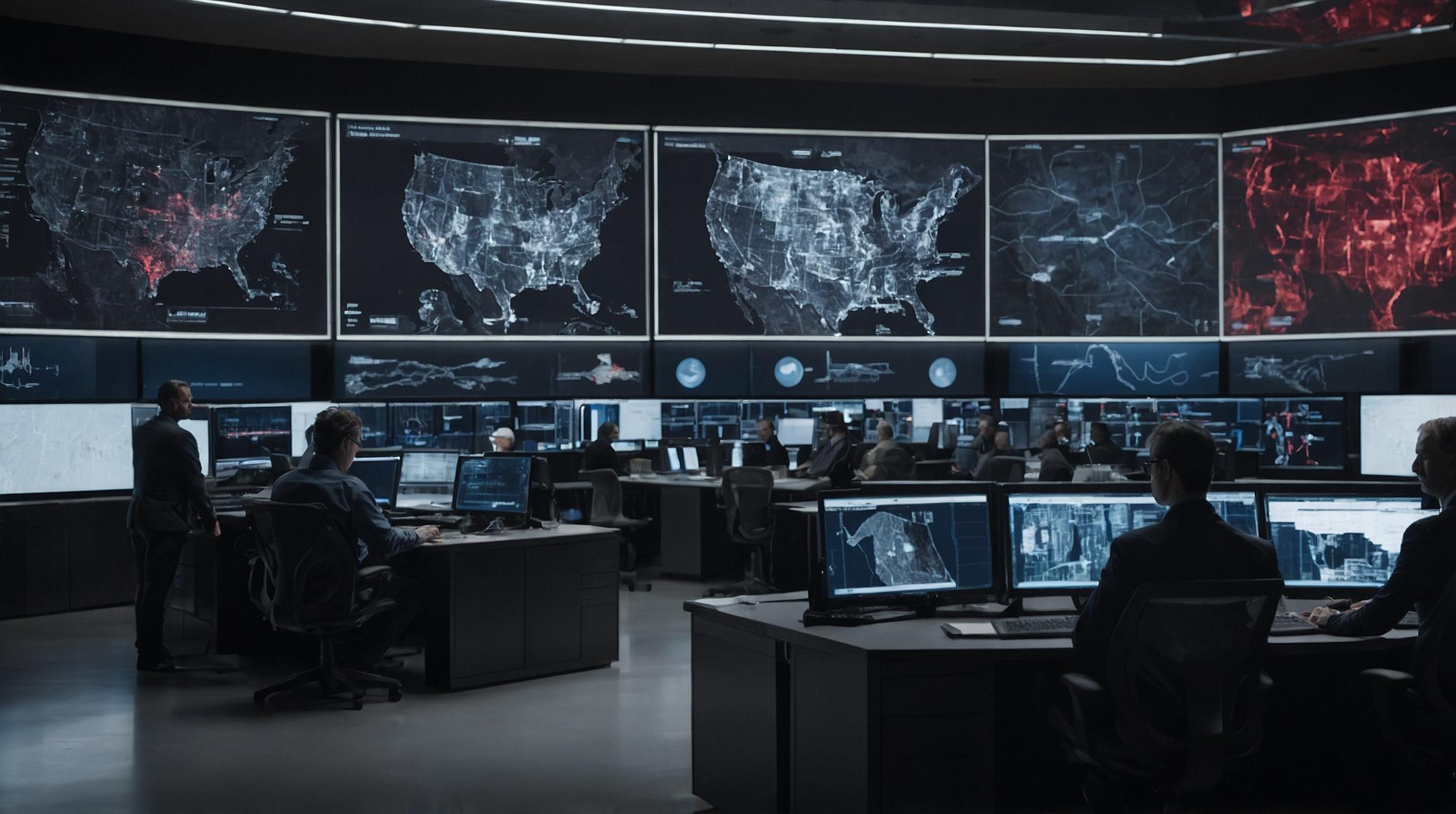Article: The Impact of Artificial Intelligence on Future Careers
The rapid advancement of artificial intelligence (AI) technology is raising concerns about its potential impact on various industries, including the legal sector. The emergence of platforms like LawChatGPT, an AI-powered legal research and analysis tool, has raised questions about the future of jobs in law. This article explores the potential ramifications of AI on the legal industry and other sectors, and delves into the broader implications for future careers.
The Rise of AI and Its Effect on Legal Profession
With the introduction of LawChatGPT and similar software, the role of legal professionals, such as legal assistants and paralegals, could be at risk. These AI-driven platforms offer quick and accurate analysis, potentially replacing hours of diligent work. The efficiency and accuracy of AI-powered systems raise questions about the value of human expertise and the potential for job obsolescence in the legal field.
AI’s Impact Beyond the Legal Industry
While the legal sector may be particularly vulnerable to the advancements in AI, its impact extends far beyond. Generative AI, a versatile branch of artificial intelligence, has the potential to boost GDP by seven percent, according to Goldman Sachs. However, this comes at the cost of automation, leading to the potential loss of 300 million jobs globally. Industries like technology, media, education, finance, and customer service are among those most at risk. Even popular career choices for graduates, such as computer programming, financial work, and data analytics, may face significant changes as AI becomes more prevalent.
Historical Precedent and Lessons Learned
The disruptive nature of technological advancements is not a new phenomenon. Two centuries ago, the majority of Americans worked as farmers, but due to advancements in the agricultural industry and elsewhere, only a small fraction of the workforce remains in farming today. Similarly, AI’s impact on jobs is akin to past transformations. However, history has shown that while technological progress may eliminate certain roles, it also creates new opportunities, leading to a diversified job market.
The Weaknesses of AI and the Importance of Human Creativity
While AI technology offers many benefits, it also has its limitations. Over-dependence on external tools can stifle human creativity and problem-solving abilities. AI heavily relies on preexisting data, which can result in copyright and intellectual property challenges. The use of AI-generated images and references from other artists and writers can lead to legal disputes. These weaknesses underscore the importance of finding a balance between AI and human expertise in order to fully harness the benefits of this technology.
As the world continues to witness rapid advancements in AI, it is crucial to address the potential impact on future careers. While some roles may be at risk of automation, history has shown that technological progress also brings new opportunities. Striking the right balance between AI-driven efficiencies and human creativity will be key in shaping the workforce of tomorrow. It is imperative for individuals and industries to adapt and embrace the changing landscape, ensuring a future where humans and AI can coexist and thrive.
Analyst comment
Positive news
Analysis: The market for AI technologies is expected to grow as more industries adopt these advancements. While certain jobs may be at risk of automation, the historical precedent suggests that new opportunities will arise. Finding a balance between AI and human expertise will be crucial for the future workforce.













